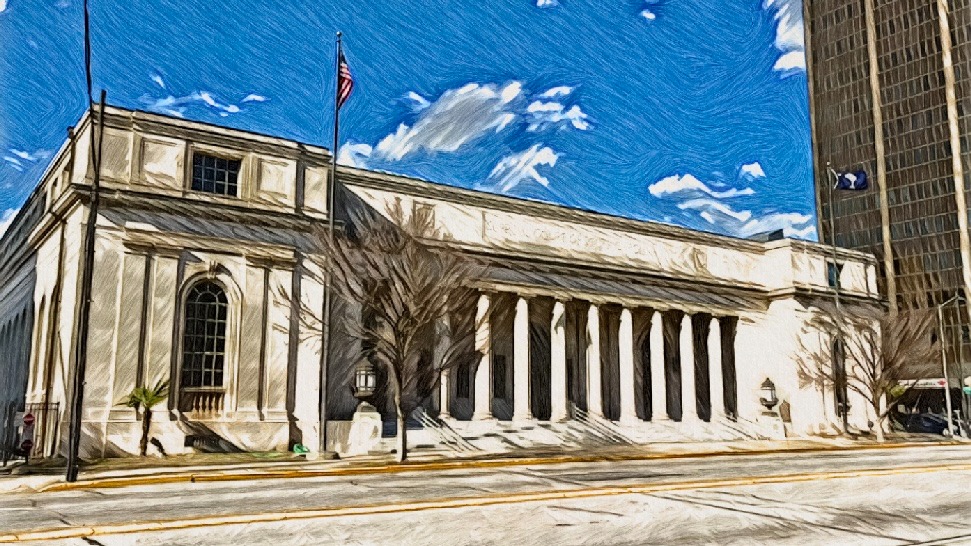
Appellate Courts
Overview
Article V of the South Carolina Constitution establishes a “unified judicial system.” At the top of that system is the Supreme Court. Our Supreme Court is composed of a Chief Justice and four Associate Justices. The Chief Justice is “the administrative head of the unified judicial system.”
The Supreme Court is primarily a court of appellate jurisdiction, meaning it reviews decisions made by courts below it like the Court of Appeals, or the Circuit Court. It also has original jurisdiction over certain kinds of cases, meaning a case can begin in the Supreme Court. However, this is very rare.
Cert Petitions
Most cases arrive at the Supreme Court by way of something called a “petition for a writ of certiorari,” aka “cert petition.” That’s a fancy way of saying that a party who has lost a lawsuit has formally asked the Supreme Court to review the decision made by the lower court—usually the Court of Appeals. Appeals from post-conviction relief cases also go to the Supreme Court by way of a cert petition. The Supreme Court does not have to grant a cert petition. It can simply choose not to hear the case. This is frequently referred to as “discretionary review.”
Rule 242 of the South Carolina Appellate Court Rules provides the general things the Justices will consider in deciding whether to review a decision by the Court of Appeals. These include appeals that raise novel or significant constitutional legal questions, appeals from a split decision by the Court of Appeals, appeals from a decision by the Court of Appeals that conflicts with a decision by the Supreme Court, and appeals involving federal questions where the decision by the Court of Appeals conflicts with a decision by the Supreme Court of the United States.
Just because a decision by the Court of Appeals is wrong does not mean the Supreme Court will grant cert. The Supreme Court of South Carolina, like the Supreme Court of the United States, is frequently viewed as being a “law-giving” court. In other words, the Supreme Court takes cases that can be used as vehicles for providing clarity in our law and guiding lower courts in disposing of future legal disputes.
Direct Appeals
Appeals in South Carolina usually go to the Court of Appeals first. However, some appeals skip the Court of Appeals and go straight to the Supreme Court. These include death penalty appeals, appeals from the Public Service Commission setting public utility rates, constitutional challenges to state or local laws, appeals involving public bonds, appeals regarding elections and election procedures, appeals from an order limiting the investigation by a state grand jury, and appeals from an order regarding an abortion by a minor. Appeals from Probate Court can also go straight to the Supreme Court if the parties agree to that in writing.
Certified Questions
The Supreme Court will occasionally hear “certified questions” presented to it by other courts. Usually this will be the Fourth Circuit Court of Appeals, or the South Carolina District Court. The Fourth Circuit is the federal court of appeals that handles appeals from federal courts in South Carolina, as well as North Carolina, Virginia, West Virginia, and Maryland. The District Court is the federal trial court in South Carolina. Occasionally, these courts will be faced with legal disputes that turn on a novel legal question about South Carolina state law. When that happens, the court where the legal dispute is pending may ask the Supreme Court of South Carolina to answer that question. As in cert petitions, the Supreme Court does not have to answer the question.
Contact Ruffin Law Firm
If you need representation in the South Carolina Supreme Court, contact Ruffin Law Firm to explore your options today.
South Carolina Supreme Court



Disclaimer: The information on this website is for general information purposes only. Nothing on this site should be taken as legal advice for any individual case or situation. This information is not intended to create, and receipt or viewing does not constitute, an attorney-client relationship.
